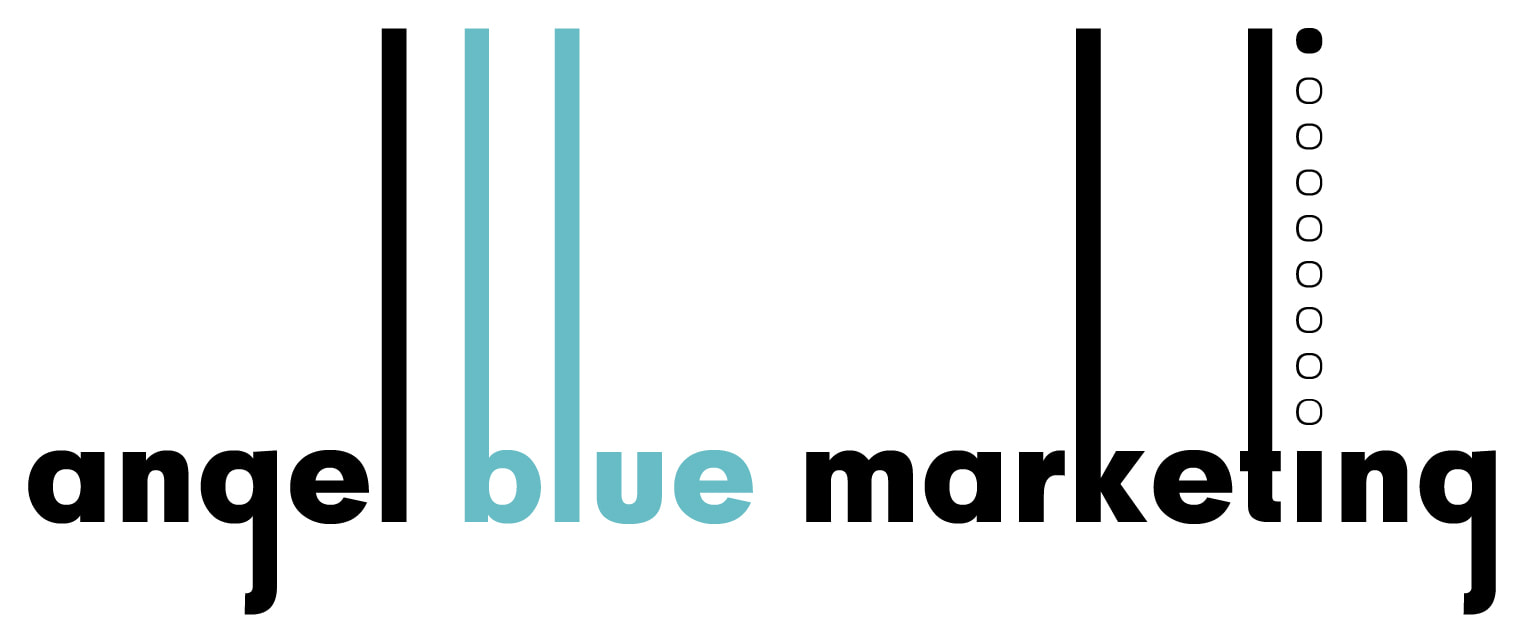Mastering the Art of SEO Blogging: How to Boost Your Blog's Ranking and Traffic for Financial Success
Picture this: you're planning on ordering flowers for your anniversary. You go on one of the top search engines (like Google or Bing) to look for a flower shop that caters to your area. You enter "flower shop + your city" on the search bar. After you hit the search button, you'll find pages upon pages of search results. But ultimately, you'll most likely only click on the websites on the first page. And if you're like 25% of consumers, then you'll click on the first result that pops up.
If you want more traffic to your website and more conversions, your next objective should be to be at the top of the search engine results pages or SERPs. That spot is difficult to reach but not impossible. With sound SEO strategies, your business can both be at the top of the results and consumers' minds.
What is SEO?
Search Engine Optimization, or SEO, is the practice of improving your web page's rankings in organic search engine results. Companies can adopt various SEO strategies to help boost their rankings. Such strategies include:
- Improving Page Speed and User Experience
- Optimizing Code
- Keyword Research
- Link Building
- Content Writing
- And more.
How Can SEO Blogging Help You Financially?
Before we get into the top SEO blogging tips, you may ask yourself, "Does my business really need this?" The short answer is yes. Adopting SEO strategies is measurable and cost-effective. And when done well, it can also be revenue-generating. SEO blogging can help you generate more sales or conversions through the following:
Build Brand Awareness
Blogging is a way to reach your target audience without going the "hard-sell" route. Consumers these days appreciate content that is relevant and helpful. By combining great writing with SEO activities like keyword research and link building, you can bring more traffic to your website. The traffic blogs can bring in can be converted to sales with the suitable CTA (call-to-action) and other digital marketing strategies like newsletters, email marketing, and so on.
Improve Your Company's Credibility and Authority
There will be times when your target audience is not at the purchase-decision stage yet. But being at the top of the search rankings, which is a clear sign of your company's credibility and authority in whichever industry you're in, will play a factor once they move along the sales funnel.
Gain Consumer Trust
To keep your relationship with your customers (both current and potential), you'll need content that's both relevant and engaging. Establishing that trust may be difficult, but one way to achieve this is to ensure that your brand's communication is consistent. Your brand's personality must constantly shine through, whether on your website, social media accounts, or press releases. This consistency will make your brand more recognizable and build customer trust. They have a sense of what your company sells and what you stand for. This is increasingly important for businesses that want to stay relevant and ahead of the competition.
Continuously Improve Through Analytics
The thing about technology is that it's constantly evolving. What might've worked a few years ago might not be as effective today. So, it's a good thing that every SEO strategy you apply will have corresponding data or reports you can analyze. The insights from such results can help you continually fine-tune your strategy. You're well informed on which efforts or certain types of blog posts bring in the most traffic and conversions. This way, you can channel your resources into creating activities that help you attract more visitors and generate revenues.
Top SEO Tips to Boost Your Blog's Ranking and Traffic
Here are some top tips to help you master the art of SEO blogging:
Target the Right Keywords
The first on your to-do list is finding the right keywords to incorporate into your on-page SEO. This is one of the most proven SEO tactics out there. You can identify your main keyword and use SEO tools that can help generate new, more specific keyword ideas. A lot of these tools can even help you narrow your search down to the location you service. For example, your main keyword is "events management." You can input that and get the most relevant keywords you can use for your website, like "event planning," "event management company," "event planners near me," and so on.
Use the Keywords in Your Blogs
It's important to incorporate the keywords you've generated in your website and your blog posts. Ensure to include them in the blog title, the first few hundred words, and headers. This way, it's easier for Google to understand what your page is all about.
Write Something Readable
Readability is something that is closely related to user experience. You may have the most compelling information, but if readers find it hard to follow your flow, then you may lose them in the first few sentences. Aside from making your content as attention-grabbing as possible, you should consider your post's length and structure. Longer content (i.e., 1,200 words and up) can help you get your point across better. You should also include headings and subheadings in your post's structure. This is a simple and effective way to improve readability and make the content even more easily digestible.
Make Your Blogs More Engaging
Try to diversify what's in your blog posts. Yes, important keywords and relevant content should be included. But multimedia elements like videos, infographics and even quizzes can help increase the time your web visitor spends on your website. The dwell time can play an important factor in search rankings. Plus, the more your target audience appreciates and enjoys your content, the more likely they will engage with your brand again.
Improve Page Loading Speed
It would be a shame to have a great blog post that consumers are ready to read and then have your page lagging. Page loading speed is not just an important factor for users; it's also an important Google ranking factor. Another reminder: Ensure your website is optimized for computers and mobile devices. Your target audience may be looking at your content from their phones during their coffee breaks or morning commute.
Of course, mastering the art of SEO blogging is not the only way to help you succeed. On top of developing good products and a strong marketing strategy, you should be able to effectively use financial management tools to ensure your earnings are well-managed. Such tools can also help you keep track of your marketing expenses to see if you're getting the right returns.
Need help in creating and executing an SEO strategy for your business? Contact us today to kickstart your SEO journey.


